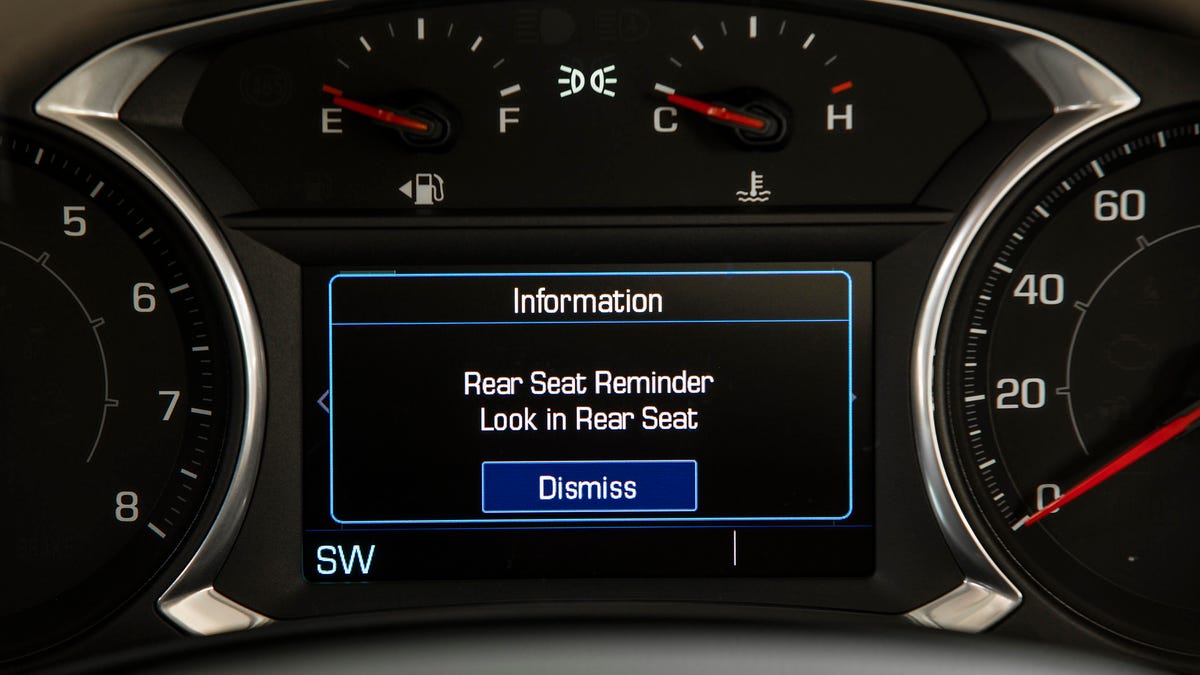Hot-car deaths on the rise, despite new tech meant to help
The average age of an owned car is rising, too, which isn't helping.
As the number of children dying in hot cars rises, some automakers are pulling out all the stops to try and nip this trend in the bud, although it may take some time for that tech to trickle down to everybody.
Fifty-one children died of vehicular heatstroke in the US last year, The Wall Street Journal reports, citing statistics from the group KidsandCars.org. The report also cites the American Academy of Pediatrics, which stated that heatstroke is "the leading cause of non-crash vehicular deaths for children younger than 15."
According to the report, the numbers started rising when it was recommended that parents move car seats to the back row, to avoid the also-dangerous forces of a deploying airbag. Throw in factors like having to-do list that's 4,000 items long, and it's not hard to see how one accidental slip of the mind could become a tragedy.
But automakers are trying to do something about it. GM introduced its Rear Seat Reminder system in 2016, which can tell if a rear door was opened before a vehicle set off, reminding the owner at the end of the journey to check the back seat. That system will soon be standard on all its four-door vehicles, including both sedans and SUVs. Nissan's similarly named Rear Door Alert functions in much the same way, and it's becoming increasingly standard, too, although its provenance was due to an odor -- Nissan's engineers created the tech after one engineer accidentally left a pan of lasagna in a car overnight.
These aren't solutions for everyone, though -- not yet, at least. As Brian Cooley noted in his coverage of this topic in 2017, this stuff is showing up in new cars, and as average transaction prices push north of $35,000, it leaves out lower-income families and individuals. According to the most recent available data from the Bureau of Traffic Statistics, the average age of a car on the road in the US is 11.6 years.


